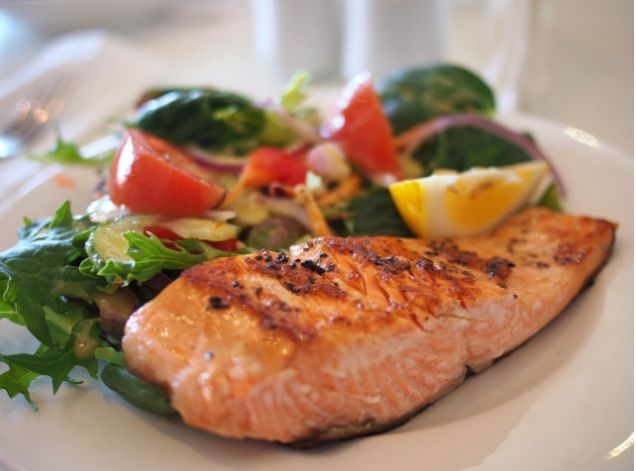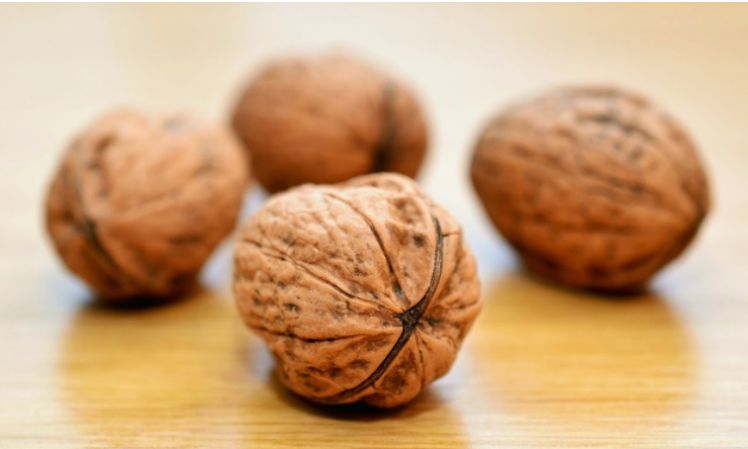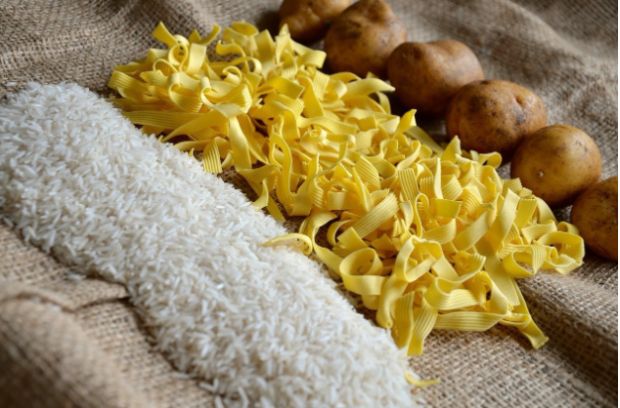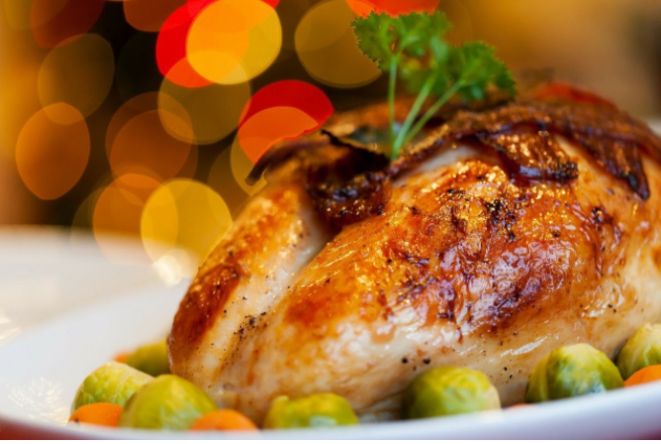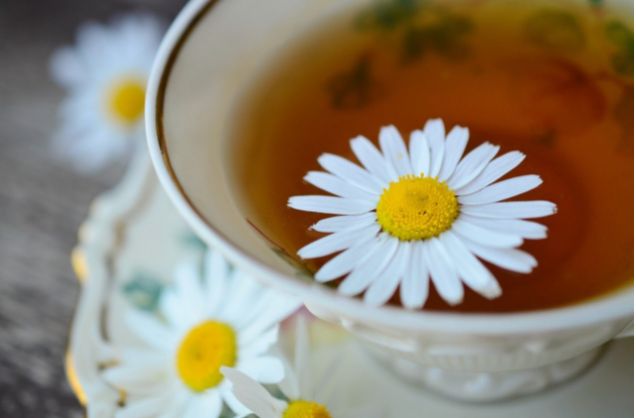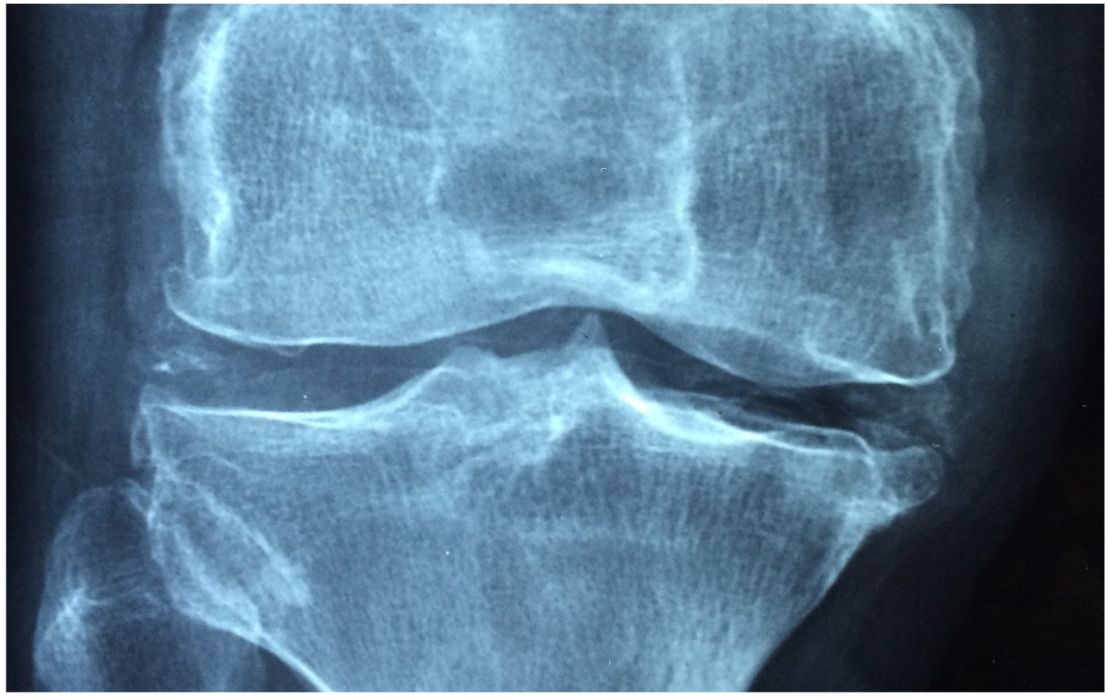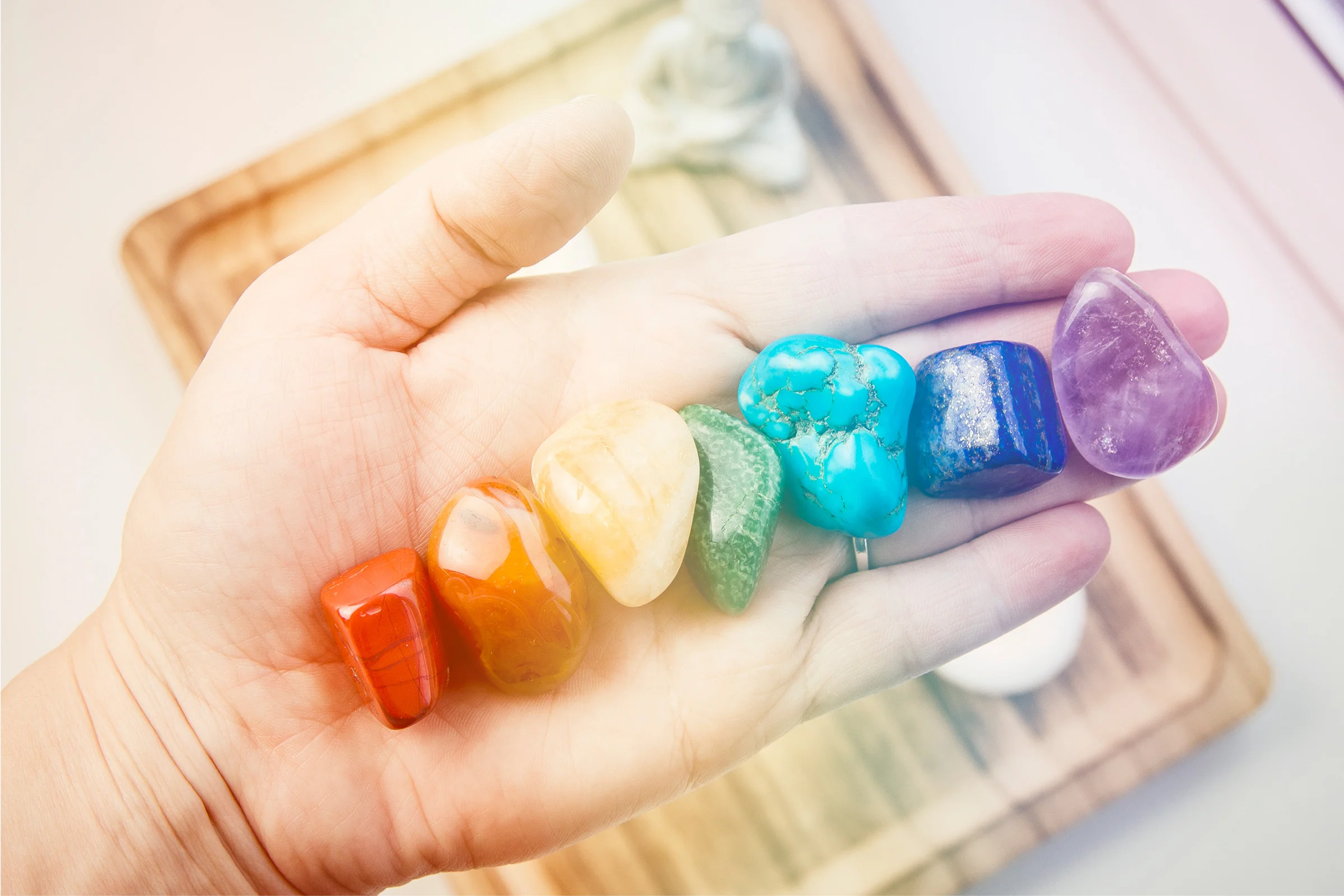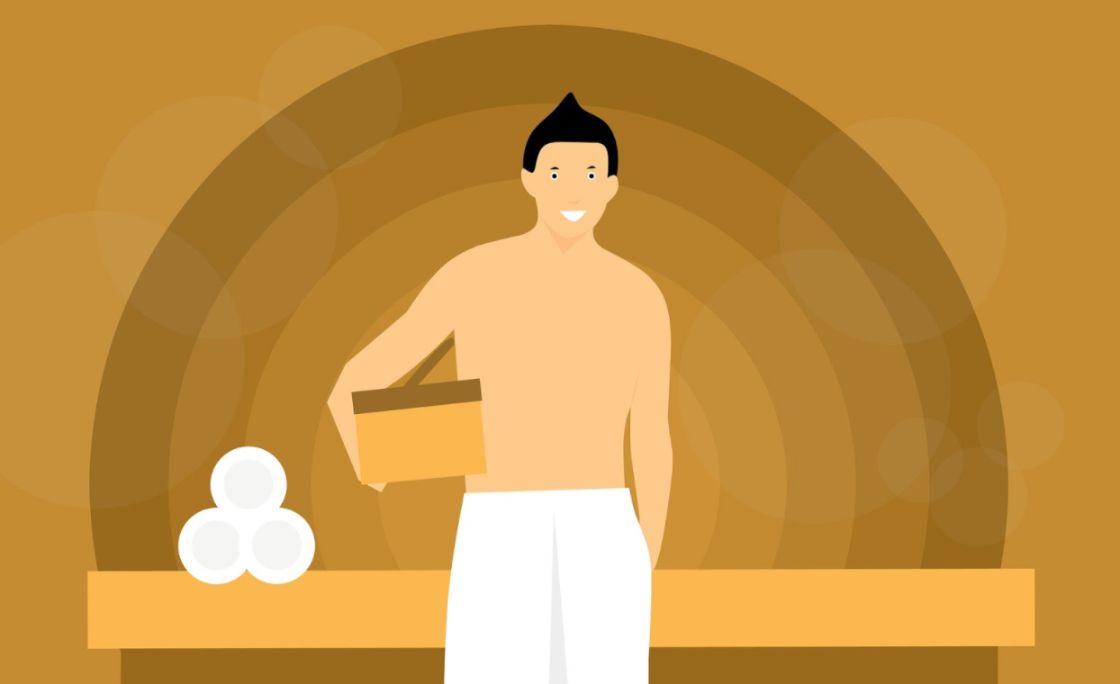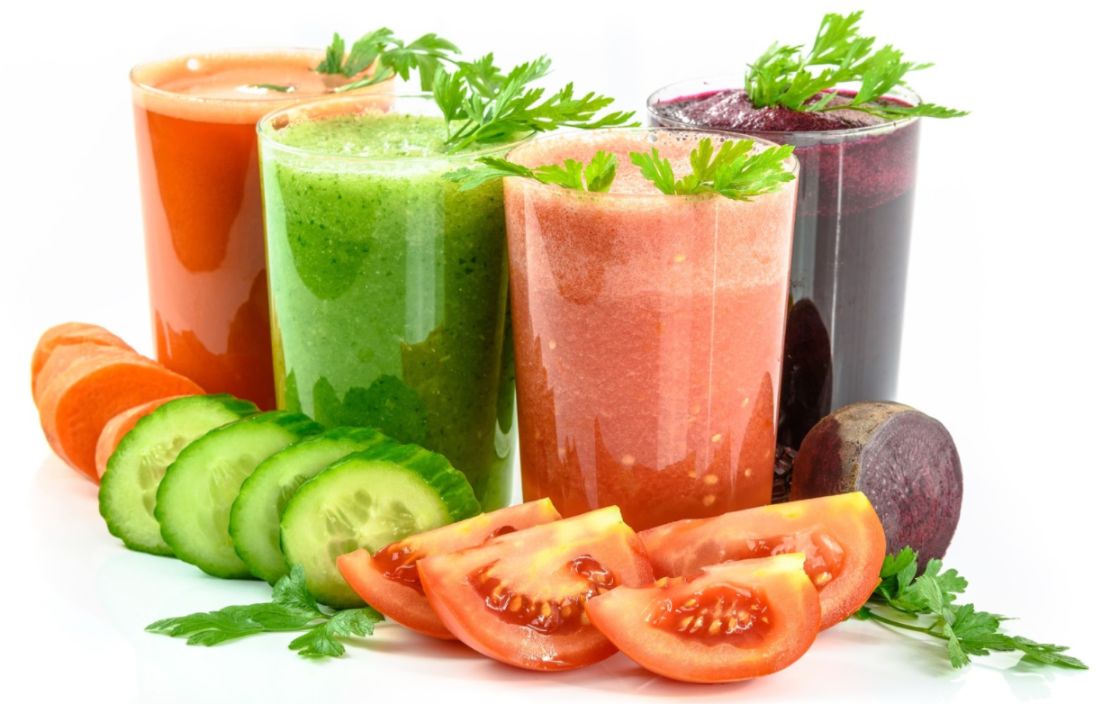Sleep is an essential part of your day (night, really). If it’s so important, then why is it that we spend all this time trying to avoid it? We drink coffee, energy drinks, and more to stay awake all hours of the night in order to watch a movie or a show—or hang out with friends—but rarely do we try to do something that promotes sleep, besides taking melatonin when we are tired. This is an unfortunate reality. But, let’s change that. Let’s try to promote better sleep.
In this blog post, we will discuss foods that help you sleep through the night so you can easily find sleep. As of now, this concludes our series on sleep. If you want to read our previous blogs, please check out these:
- PEMF for Sleep
- Far-infrared for Sleep
- Gemstones for Sleep
Keep reading to learn more about how food relates to sleep—and foods that help you sleep through the night.
How Your Diet Can Affect Sleep
You are what you eat. But is that truly the case? A study followed participants for 5 days to see how what they ate affected their sleep. The study concluded what we all expected. What you eat does affect your sleep (thus proving, in part, that old adage). The study demonstrated that eating less fiber, more saturated fat, and more sugar correlated with the participants getting less sleep—and when they did sleep, it wasn’t good sleep.
In fact, there’s more of a connection between what we eat and sleep than we might expect. Diet and food choices actually regulate our circadian rhythm, the 24-hour cycle that our body follows that helps develop our waking and sleeping habits. This rhythm helps promote sleep and wakefulness when we need it. Food choice affects this and thus can affect how we sleep. To keep our clocks ticking, we need to eat healthier foods and feed our bodies the essential nutrients it needs to promote better sleep.
So what can we eat to promote sleep? And what does a healthy diet do for sleep?
Healthy Diet for Sleep
Sleep is essential for your health and wellbeing. Then why is it that so many people seem to try to avoid sleep? Because sleep is something that gets in the way of their everyday fun; however, not enough sleep actually gets in the way of everyday functioning. People who get less than 6 hours of sleep on a regular basis are more likely to suffer from health-related issues, such as loss of focus and mental impairment.
A lot of what hinders our sleep is a result of drinking caffeine. Caffeine is a product that really can have a negative effect on our sleep. Too much of it and you won’t get to sleep or may not even get good shuteye if you do get to sleep.
Maintaining a healthy diet is an essential aspect of sleep (and getting good sleep). You may not be aware, but many non-caffeinated products, such as decaf coffee, actually do have some caffeine in them. Not too much caffeine, but enough for someone who doesn’t drink much caffeine to really feel the effects—which could affect sleep.
Nutritionists recommend that you maintain a balanced diet of healthy foods (as well as a consistent diet). This diet should be composed of mostly lean meats, fruits, and vegetables. Maintaining a diet that is balanced will mean you are providing your body with the essential nutrients it needs to promote good, healthy sleep.
Here are other important things for you to consider to promote good sleep every single night:
- Restrict caffeine intake: As we said, don’t have too much caffeine. In fact, don’t have it in the afternoon or evening. Even if caffeine doesn’t prevent you from falling asleep, too much caffeine can prevent you from falling into a deep sleep.
- Reduce alcohol consumption: Alcohol can easily mess up your sleep routine as well as your sleep cycle.
- Don’t eat too late: Whatever you do, don’t eat too late. You risk upsetting your stomach before sleep, which can lead to bad sleep altogether. Also, limit spicy food (for your own stomach’s sake).
- Promote good sleep hygiene (your sleep conditions and habits): By limiting screen time on your phone before bed, keeping a consistent bedtime routine, and allowing yourself some time to unwind before you sleep, you can promote good sleep hygiene.
Foods That Help You Sleep Through the Night
The following is a list of foods that help you sleep throughout the night. These foods are known for their health benefits, as well as (some of them) their amazing taste.
Kiwi
This delicious brown-green fruit is known for its tarty sweet flavor, but I bet you didn’t know that kiwis can help you get a better night’s sleep. Kiwis contain a lot of different beneficial minerals, the most numerous of which are vitamins E and C, as well as folate and potassium.
In a study that had participants eat 2 kiwis an hour before bed, those participants fell asleep faster, slept longer, and had quality sleep. So when shopping at the market, grab some kiwis.
Fish
The phrase “sleeping with the fishes” may take on a (more positive) new meaning. Fatty fish may be good to help you get more shuteye and better shuteye. Recent research suggests that people who ate salmon 3 times per week had better sleep and improved daytime function. So when shopping, go to the fisher’s market.
Nuts
Walnuts, pistachios, cashews, and other nuts like almonds can help with sleep. The 3 primary nuts listed (walnuts, pistachios, cashews) are good for sleep because they contain natural forms of melatonin (a sleep hormone that is known for its properties that can help you fall asleep), zinc, and magnesium. In a study, it was found that melatonin with zinc and magnesium helped adults combat the negative effects of insomnia.
Rice
A good source of complex carbohydrates, brown rice won’t only keep you full longer, but it will help you get a better night’s sleep. A survey conducted in Japan found that those who ate rice regularly throughout the week got better sleep than those who ate noodles or bread.
It’s true, that not all carbs are the same. Brown rice is a complex carb, which means it takes more time to digest. This means that your body isn’t flooded with sugars (something simple carbs do since they break down into sugar faster). That’s why complex carbs like brown rice and sweet potatoes are better for you than simple carbs or sugary drinks. And sugar does not help you sleep. We all know that.
Turkey
You’ve probably experienced it before—eating turkey on Thanksgiving and passing out cold soon after. There’s a lot that goes into this tired feeling, but one of the primary reasons is this little amino acid called tryptophan. Tryptophan helps with the production of melatonin, the sleeping hormone. Tryptophan in turkey will help promote tiredness.
Chamomile tea
A popular herbal tea, chamomile can help promote sleep. Many sleeping aids (such as tea promoted as sleep aids) use chamomile as the tea’s herbal base to help promote sleep in the tea drinker. It’s well-known that tea has a lot to offer as a way of health benefits. Chamomile tea contains apigenin; this is an antioxidant that is able to bind to brain receptors that may promote sleepiness.
Bananas
You may not have known this, but banana peels contain tryptophan. Now we’re not going to suggest for you to eat a banana peel. Instead, stick to the fruit itself. The fruit itself contains magnesium which can help promote sleep.
Oatmeal
Oatmeal, like rice, contains carbs as well as large amounts of fiber. The combination of both of these nutrients can help you feel drowsy before sleep. So have some oatmeal in the evening, as a light snack, to help promote sleep.
Milk
Last, but certainly not least, the age-old warm glass of milk before bed. A glass of milk (and other dairy products) also contain tryptophan (this stuff seems to be in everything!). That’s why a glass of milk can help improve sleep.
Sleep the Night Away
If you’re having trouble sleeping, then now’s the time for you to think about changing your diet. It can really help. If you eat these foods that help you sleep through the night, then you will find the sleep you’ve been looking for. Science-backed research has concluded that these foods will help induce sleep and inhibit insomnia.
It’s important to note, sleep is a critical component of your health and wellbeing. If sleep problems persist, you could suffer various physical and mental disorders that could impair your judgment.
Try these foods out; they will help promote sleep!





